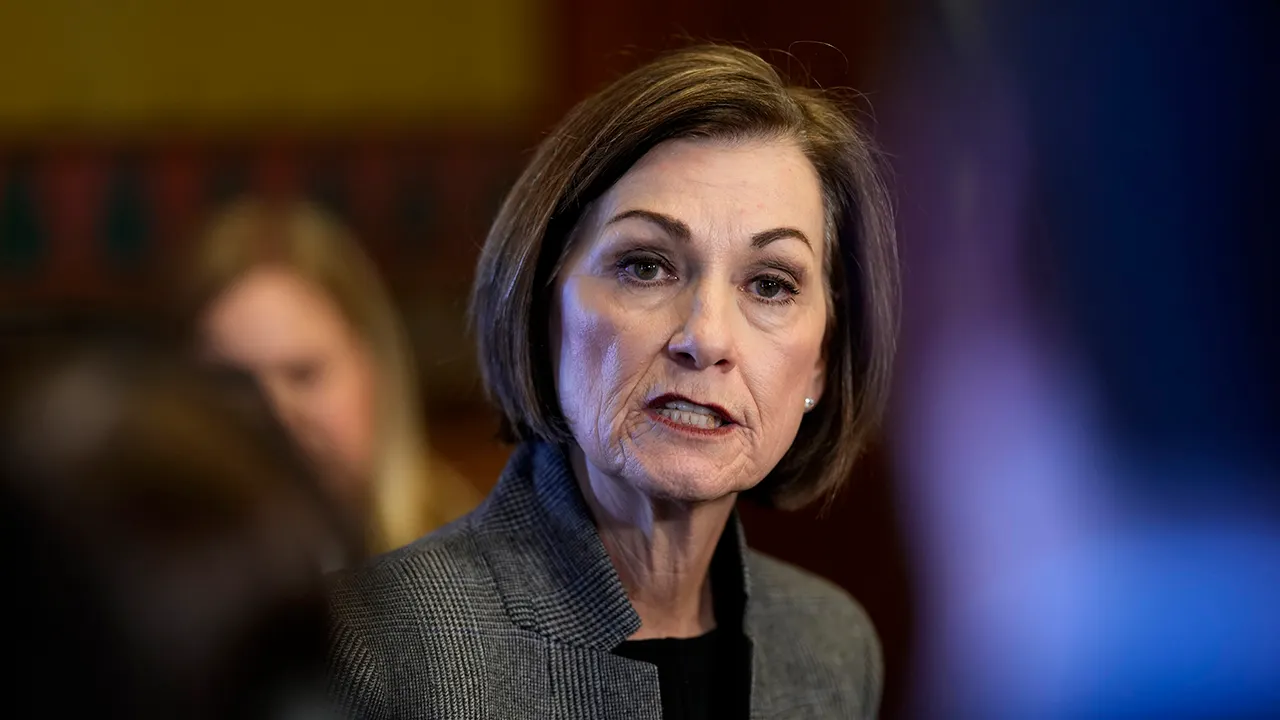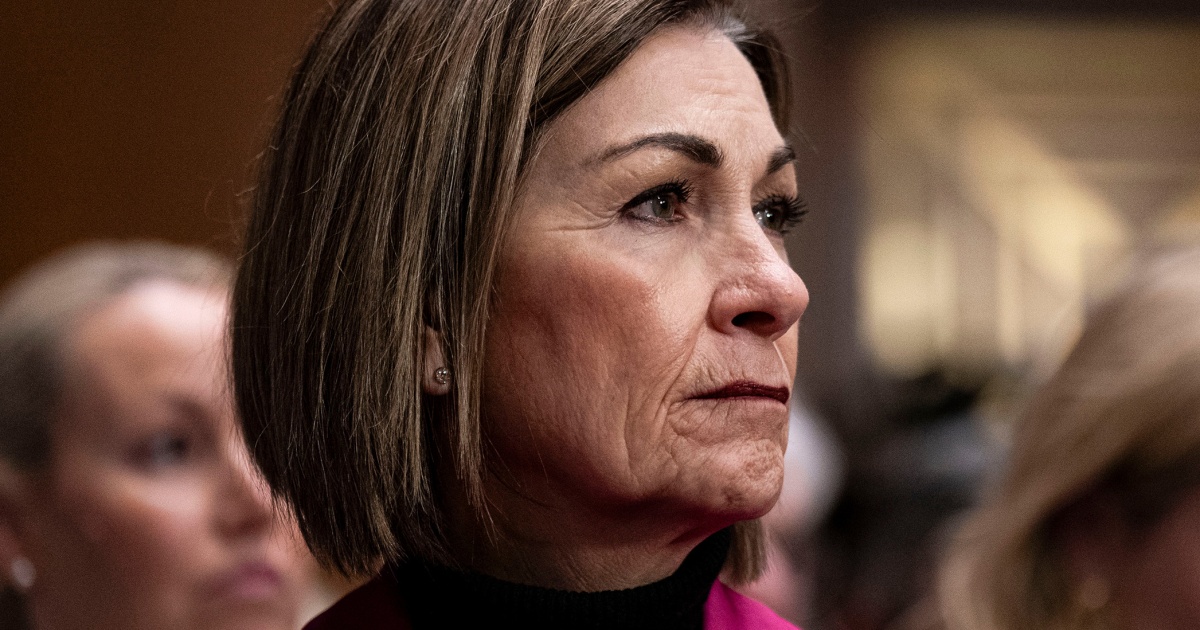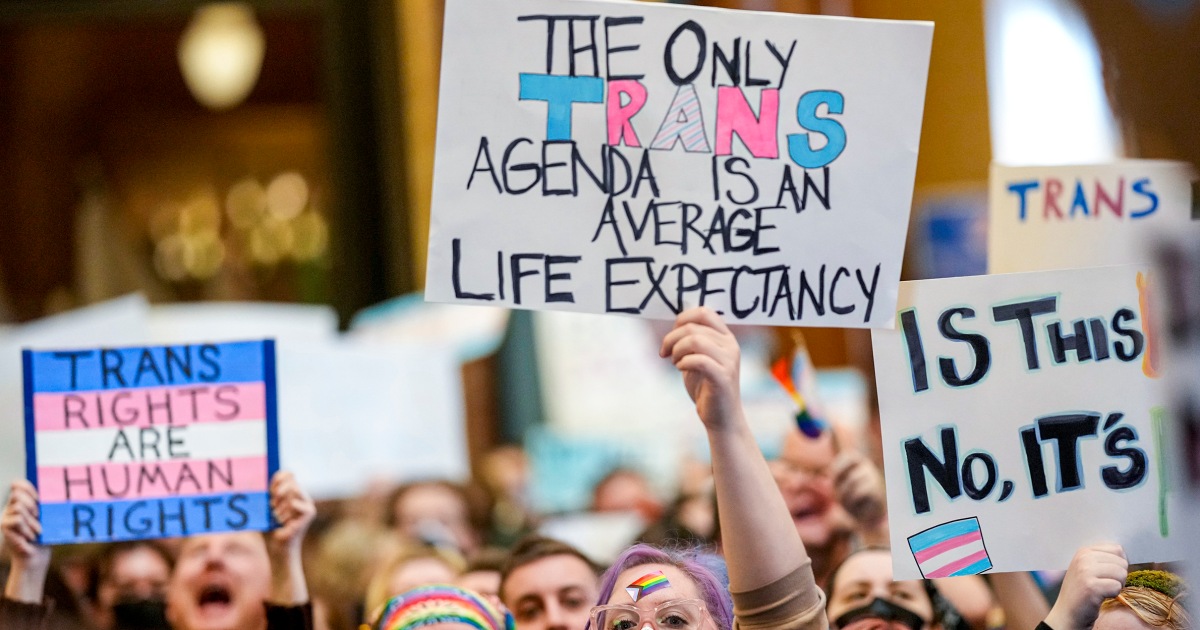Iowa Becomes First State to Revoke Gender Identity Protections in Civil Rights Code
Iowa's new law, effective July 1, removes gender identity protections, sparking protests and legal challenges from LGBTQ+ advocates amid promises of further discrimination.
Overview
Iowa Gov. Kim Reynolds signed a bill on March 1 that eliminates gender identity protections from the state’s civil rights code, making Iowa the first state to remove such protections. The law, effective July 1, defines male and female strictly based on biological sex at birth and limits transgender rights, including bathroom access and participation in sports. Advocates and Democratic legislators oppose the law, asserting it discriminates against transgender individuals. Over 2,000 protesters rallied at the Capitol, voicing their concerns. Legal challenges by advocacy groups are expected, as the new law ignites fears of increased discrimination against the LGBTQ+ community.
Content generated by AI—learn more or report issue.

Get both sides in 5 minutes with our daily newsletter.
Analysis
- Iowa has become the first state to eliminate gender identity protections from its civil rights code, a significant rollback that could lead to increased discrimination against transgender individuals.
- The new law, supported by Republican lawmakers, is framed as a measure to safeguard women's rights and provide clear definitions of male and female based on biological sex, though critics argue it marginalizes transgender rights and undermines equality.
- Advocacy groups are preparing legal challenges against the law and emphasize the need for ongoing efforts to protect LGBTQ+ rights, as many perceive this as a direct attack on their existence and well-being.
Articles (8)
Center (2)
FAQ
The new law removes protections against discrimination in housing, employment, public accommodations, and more, based on gender identity.
Lawmakers supported the bill to prevent courts from overturning other laws restricting transgender rights, such as bathroom access and sports participation. Governor Reynolds argued it strengthens protections for women and girls.
The law is expected to lead to increased discrimination against transgender individuals and may face legal challenges from advocacy groups. It also defines sex strictly based on biological sex at birth, limiting transgender rights.
LGBTQ+ advocates have strongly opposed the law, arguing it discriminates against transgender individuals. Over 2,000 protesters rallied at the Capitol, and advocacy groups are planning legal challenges.
History
- 4M

 4 articles
4 articles






